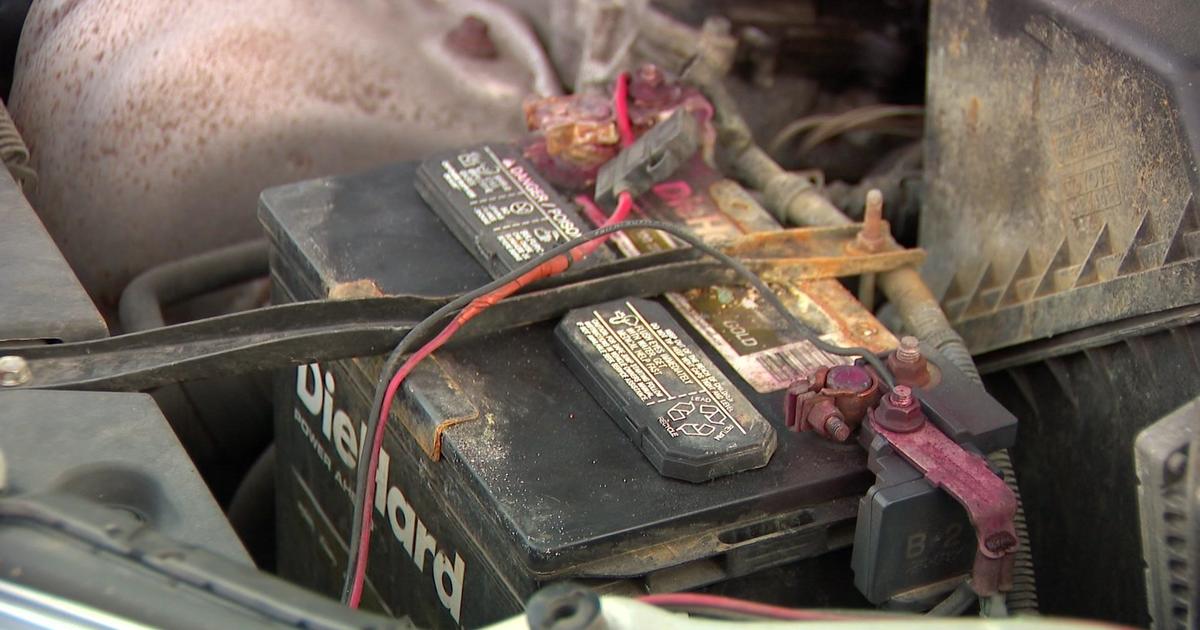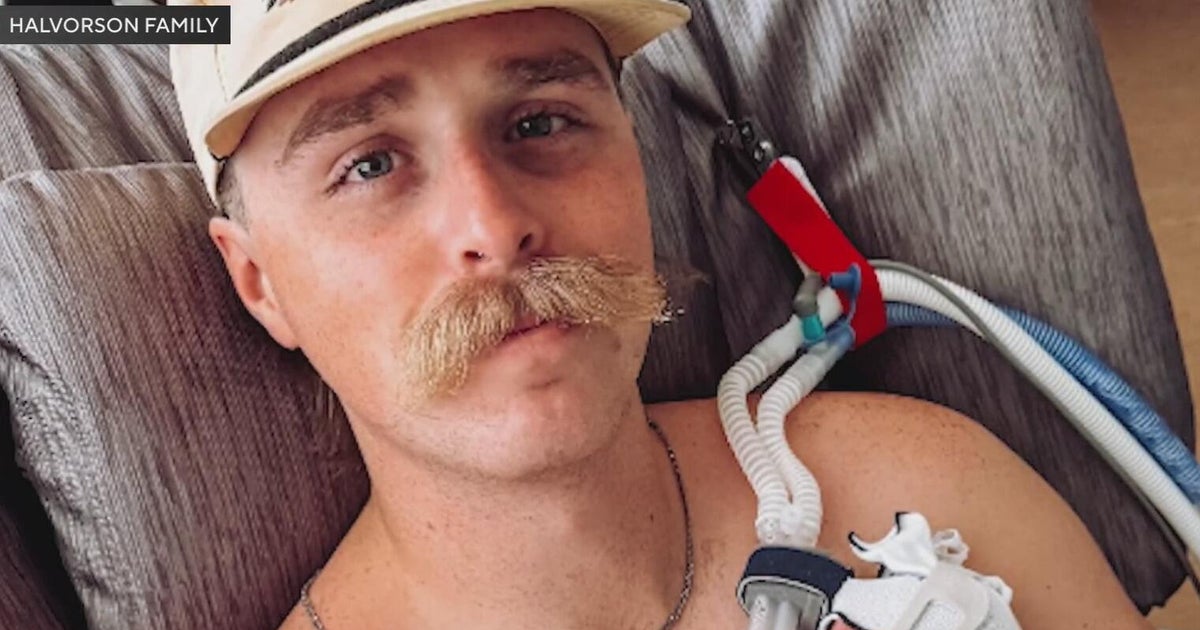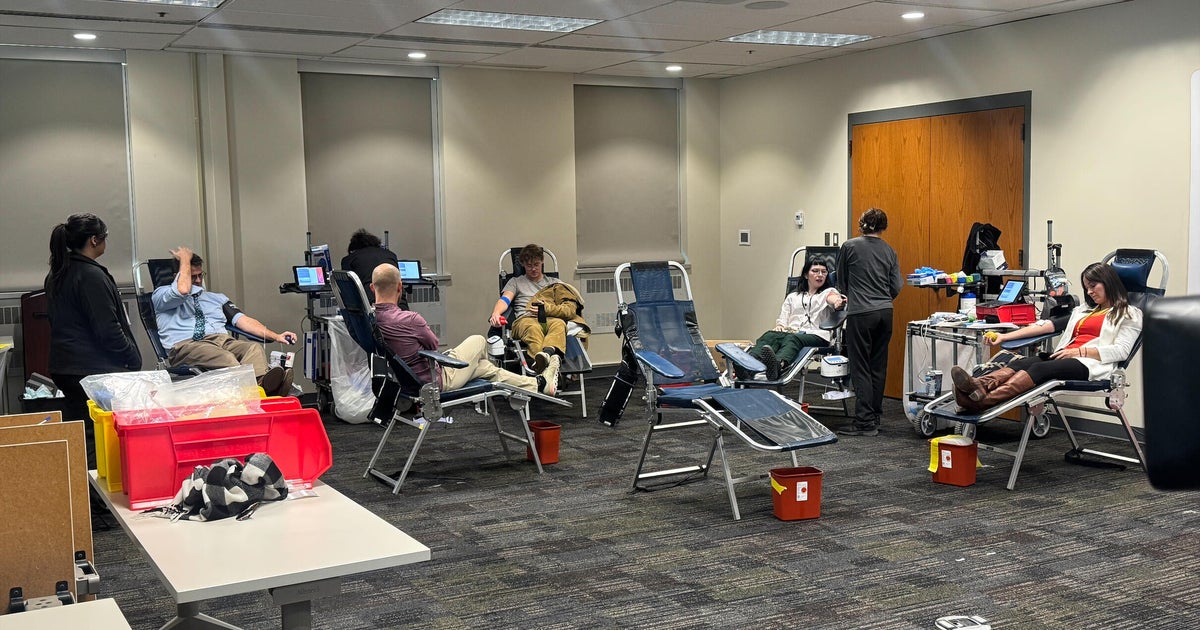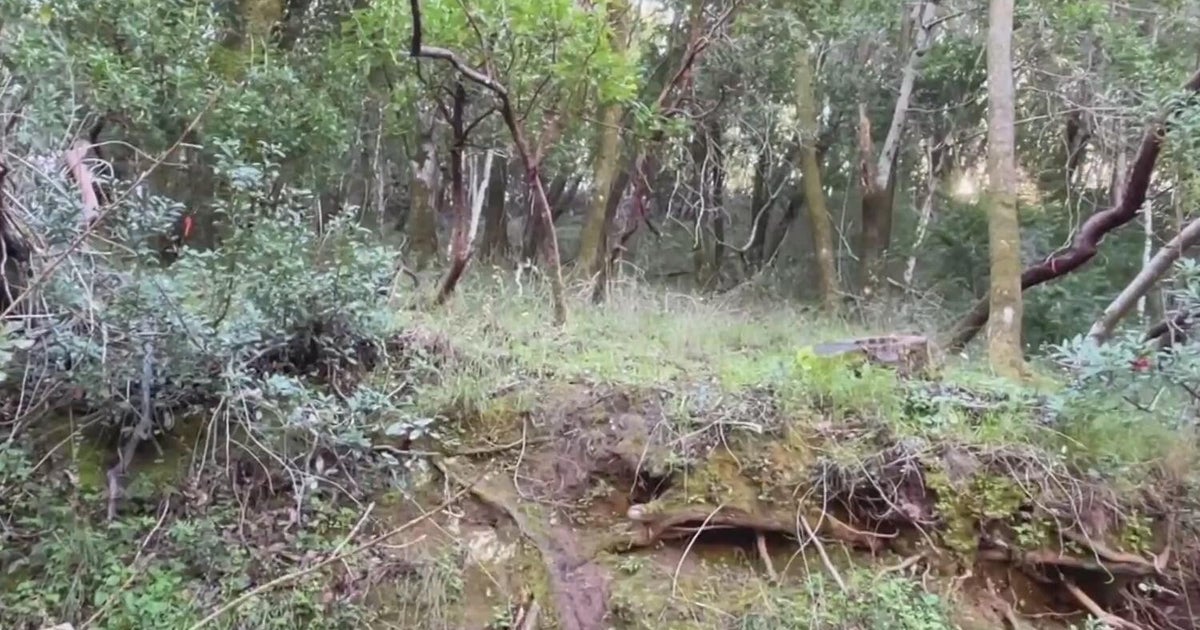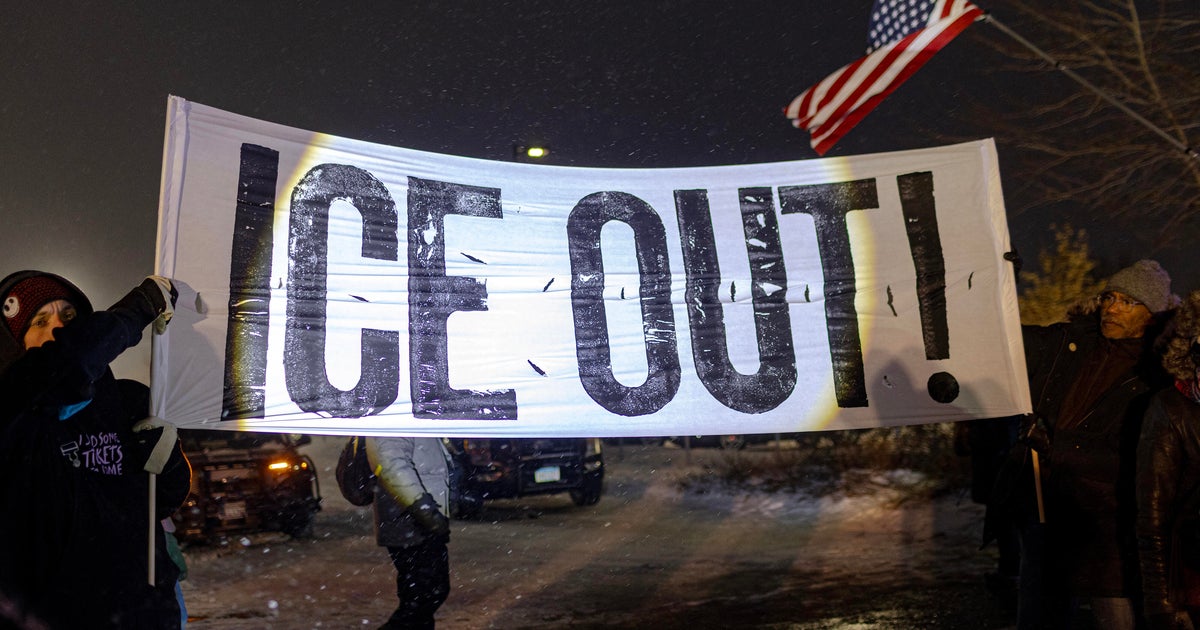Got Breast Milk? Milk Banks Offer Help To Women Who Can't Breastfeed
PITTSBURGH (KDKA) -- Seven years ago, Erika Schneider had twins born two and a half months early. She wanted to breastfeed, but the stress of having two babies in intensive care prevented her.
One of the boys developed an intestinal complication called necortizing enterocolitis. The risk for this goes down with breast milk. But getting milk from a donor was not brought up, simply because it wasn't available.
"Anything more natural, if that would have helped, I would have loved to have had that opportunity," Schneider says. "I knew people were selling it on eBay. I knew about things like that, but it wasn't regulated, and that's a scary thing."
Even now, it's still not available at any Pittsburgh hospital, even though the need is there.
"There are multiple families that could benefit from it," says West Penn Hospital neonatologist Dr. Nilima Karamchandani. "Ten families or so a month."
The unmet need is despite women like Heidi Solomon, who can donate and want to give.
Her baby Jonah was born at 25 weeks, but died two days later.
She had started pumping for Jonah, and then didn't know what to do with the milk. She delivered at WVU Hospitals, which did not accept donor milk. A friend and lactation consultant said she would find a way for Heidi to get it donated.
"Even though it was a lot of work, it was really important for me to do this, because I didn't have my own baby to nurse. And I felt like this was a connection him, as long as I was pumping, and there was breast milk going to other babies, then I had a connection to Jonah," says Solomon.
"I had to be very careful as to what I ate, what I drank, and just keeping everything very sterile, putting just the right amount of milk in the containers, making sure everything got frozen," she explains.
"I pumped around the clock every four hours for three and a half months, and I donated 1300 ounces of breast milk," she says.
She shipped the frozen milk overnight to the Milk Bank of Ohio in Columbus, the closest milk bank to Pittsburgh, and the fourth largest of 13 in North America. Since 2005, it has been providing pasteurized breast milk to neonatal intensive care units across the country. Each year, it gets about 300 new donors.
The donors are screened with a health history, and blood tests for any dangerous diseases, drugs and herbs. Once a mom passes the screening, she can donate, and her milk is pasteurized to kill any bacteria.
Then it is analyzed for nutritional content per ounce, which will be different depending on whether she's the mom of a preemie, a full-term baby, or a toddler.
"That's excellent. That's over 24 calories. A lot of hospitals want milk that's over 24 calories," says one of the milk handlers.
"Premie milk is the richest milk, and that's the stuff the hospitals want."
The bottles are labeled and refrozen for shipping.
"All of our milk is good for up to one year."
"It's more than just a medical supply, in a lot of sense it's like a medication. it's liquid gold, it's very important to these babies, so the physicians help us keep an eye the supply to make sure the babies who need it most are getting it," says Fran Feehan, the director of the Milk Bank of Ohio.
At a hospital, it is given by prescription and covered by insurance for inpatients only. Breast milk costs four dollars, 25 cents an ounce.
"We make sure we keep our costs low and we make sure the price of our milk is fair so that we stay in business," she says.
Donors are not compensated.
"They are donor moms, just like donating blood for the Red Cross," says Feehan. "We believe that's one of the ways to keep our process philanthropic. They do this as something to give back."
Recipient Jessica Potts, who delivered premature twins before her milk was in, is grateful for the gift, though she admits she was hesitant at first.
"It's bodily fluids from somebody else going into my baby," says Potts. "When they explained they need the breast milk to heal, this is what they need to grow, because if they don't grow, they can't go home."
She wishes more moms knew they could give.
"A lot of moms that i know that have had excess supply, that had no idea the process, or that they could even donate," she says. "I urge any parent, any mom out there that's making excess, put away two ounces a day, and freeze it. Two ounces for a preemie could last them two days."
Of course, some moms of babies in need wish more hospitals offered donor milk.
"Who knows what kind of difference it could have made?" Erika wonders.
For hospitals, it can be a bottom line issue.
"Since it's food for the babies, we're hoping insurance companies will pay for it," says Dr. Karamchandani. "So we figured it would be about 60-thousand dollars a years for our NICU. I'm hoping it will happen soon."
Donated milk typically goes to premature babies who need it most.
Over the last year, the Milk Bank of Ohio has had a chronic shortage, which it says is due to a lack of awareness. Luckily, they have a sisterly arrangement with the other milk banks, and can exchange supplies and milk when needed.
RELATED LINKS
More From Dr. Maria
More Health News
More Local News
